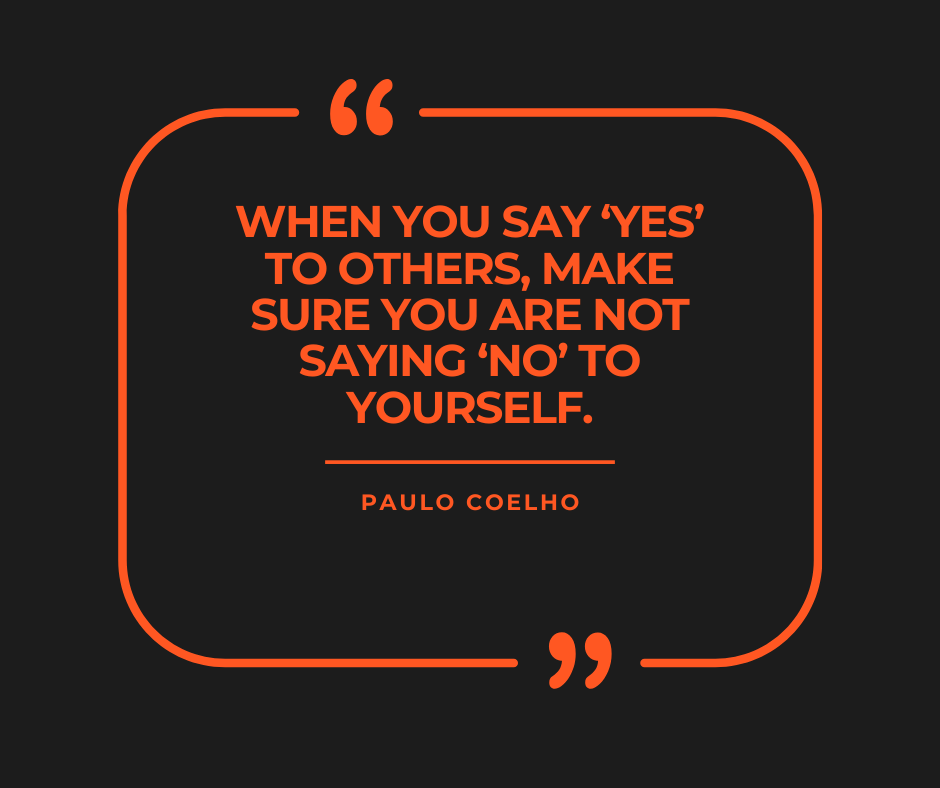We’ve been conditioned to believe that being “nice” is a virtue, that saying yes, avoiding conflict, and people-pleasing are the hallmarks of a good person.
But what if this relentless niceness is actually a cage?
What if your fear of disappointing others is the very thing keeping you from living a bold, authentic life?
The truth is, excessive niceness isn’t kindness, it’s self-abandonment.
It’s the silent killer of boundaries, the enemy of honesty, and the reason so many people wake up at 45 wondering where their lives went.
If you’re tired of being the agreeable doormat, the perpetual giver, the one who swallows their truth to keep the peace, it’s time for a radical shift.
1. Understand the Difference Between Kindness and Nice-ness
Kindness is intentional, rooted in strength, and comes from a place of genuine care. Nice-ness, on the other hand, is performative; driven by fear, obligation, and the desperate need for approval.
Kindness says: “I respect you, but I also respect myself.”
Nice-ness says: “I’ll betray myself to make you comfortable.”
The first step to breaking free is recognizing that you don’t owe anyone your silence, your compliance, or your self-erasure.
2. Embrace the Art of the “No”
Warren Buffett once said, “The difference between successful people and very successful people is that very successful people say no to almost everything.”
Every time you say “yes” when you mean “no”, you chip away at your integrity.
You trade your time, energy, and authenticity for the fleeting illusion of being liked.
Try this:
Delay your answer: “Let me think about it and get back to you.”
Offer an alternative: “I can’t do that, but here’s what I can do…”
Be direct (without apology): “No, that doesn’t work for me.”
A “no” delivered with clarity is far kinder than a resentful “yes”.
3. Stop Apologizing for Existing
Over-apologizing is a trauma response, a way to shrink yourself, so others feel bigger.
You say “sorry” when you take up space, when you disagree, even when someone bumps into you.
Replace:
“Sorry for bothering you…” → “I’d love your thoughts on this.”
“Sorry, but I disagree.” → “I see it differently.”
“Sorry, can I ask a question?” → “I have a question.”
Your voice matters. Stop acting like it’s an inconvenience.
4. Let Go of the Need to Be Liked
Not everyone will like you. And that’s okay.
The goal isn’t universal approval; it’s self-respect.
People-pleasers operate under the delusion that if they’re just nice enough, they’ll avoid rejection.
But the opposite happens: They become invisible, taken for granted, and quietly resentful.
Ask yourself:
Would I rather be liked or respected?
Would I rather be “nice” or free?
The moment you stop contorting yourself to fit others’ expectations is the moment you start living.
5. Speak Your Truth (Even If Your Voice Shakes)
Authenticity isn’t about being fearless, it’s about speaking up despite the fear.
If something bothers you, say it.
If you disagree, say so.
If you want something, ask for it.
The world doesn’t need more “nice” people.
It needs more real ones.
6. Prepare for Pushback And Stand Firm
When you stop being a pushover, some people won’t like it.
They’ll call you “difficult”, “selfish”, or “too much”.
Good.
That’s how you know it’s working.
Nice Is a Mask. Truth Is Freedom.
You weren’t put on this earth to be agreeable.
You were put here to be alive, to take up space, to speak your mind, to live boldly and unapologetically.
The path to true confidence isn’t through niceness.
It’s through honesty, boundaries, and the courage to disappoint the right people.
So start today. Say no. Speak up. Stand firm.
The world needs the real you, not the one who’s always “nice”.






It's possible to disagree and still care.